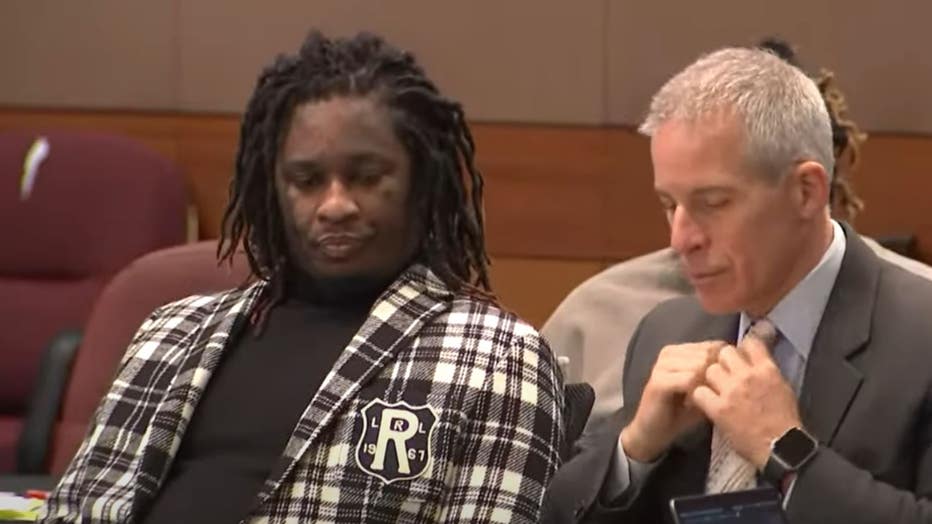In her statement afterward, Judge Whitaker expressed her dissatisfaction with this incident, referring to the large volume of evidence presented by the legal team: “I am sorry you all have this gigantic universe of evidence, but perhaps if you narrowed it down, you wouldn’t be making these kinds of mistakes.” However, she also emphasized that she did not find sufficient grounds for a full mistrial, ultimately denying the request with prejudice. She even offered an open-ended suggestion, asking, “So, would you like a mistrial without evidence?” A clip of her remarks, shared by Cuniff on X (formerly Twitter), quickly circulated, sparking lively discussions on social media.
Here's ads banner inside a post
This incident on Wednesday is just one of many unexpected developments in the highly publicized and lengthy trial. Last week, another witness, Antonio Sledge, also known as Mounk Tounk, surprised the court by refusing to acknowledge his previously agreed-upon plea deal terms. Specifically, Sledge stated he could not recall any “acknowledged statements” about YSL and the murder of Donovan “Nut” Thomas – details he had previously agreed to disclose in court. Due to this reversal, Sledge now faces a five-year prison sentence, adding to the already intense public debate surrounding the case.
The ongoing trial of Young Thug and YSL members has captured considerable media and public attention in the United States. This case goes beyond just criminal charges, shedding light on the complex relationship between hip-hop culture and gang activity. The accusations that hip-hop artists use songs and social media to express allegiance to gangs have sparked debates about freedom of speech and legal accountability. While many believe artists have the right to self-expression and creativity, others argue that they may unintentionally or intentionally encourage illegal activities. This trial has ignited a passionate discourse between those advocating for creative freedom and those who believe that artists bear responsibility for the messages they convey.
Young Thug has long been a prominent name in hip-hop, and his RICO charges have sparked a broad discussion about the relationship between art and real-life social issues depicted by artists. With a massive social media following, each development in this trial is closely monitored by the public and fans alike. The intense attention from media and fans makes this trial one of the most closely watched legal events this year, with new details emerging continually.
Here's ads banner inside a post
Moreover, recurring incidents such as the “Free Qua” hashtag slip-up or Sledge’s conflicting testimony have raised questions about the transparency and accuracy of the evidence while presenting significant challenges to the court system. Judge Whitaker not only faces public pressure but must also find a way to balance between the involved parties, especially given the massive amount of evidence, which has led to avoidable errors. Should further incidents of this nature occur, the likelihood of a mistrial could increase, potentially requiring the entire investigation and trial process to start over from scratch.
Declaring a mistrial would impact Young Thug but would also prompt broader questions about how the justice system handles cases involving artists and hip-hop culture. Young Thug’s supporters argue that he is being unfairly targeted simply because he is a hip-hop artist, while others believe that artists with significant influence, such as Young Thug, must be held accountable for their actions.
This trial is likely to continue stirring debates, with each new incident offering a different perspective on the case, sparking further curiosity and even skepticism about what is truly unfolding behind the closed doors of the courtroom.
Here's ads banner inside a post


